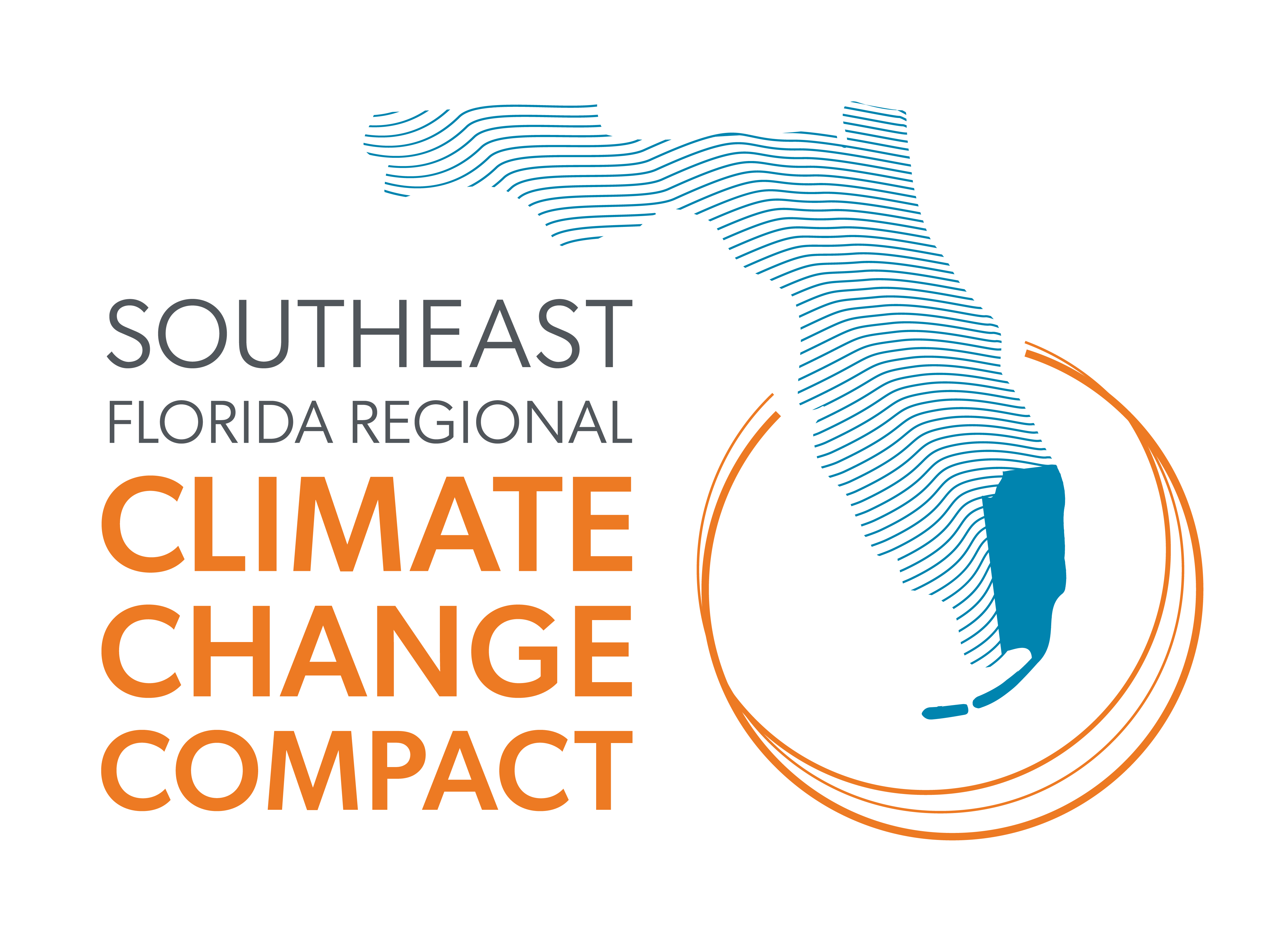
News
Can cities get smarter about extreme weather?
November 13, 2017
Outdated knowledge systems have exacerbated recent disasters and contributed to growing financial losses from extreme weather. Cities need new ways of knowing, evaluating, and anticipating risk by updating their information systems. Cities need to better anticipate what would happen in the case of these types of unprecedented extreme weather events. What’s needed are new and more creative ways to explore possible futures and their potential implications. One approach is to use climate or other predictive models. Such models are never perfect but can add important elements to discussions that can’t be gotten from historical data. Cities also need to upgrade their knowledge systems to anticipate risks in what are often called “design storms.” These are the anticipated future storms that people who design and build individual structures – from buildings to flood walls – are required to use in their designs as a minimum risk standard. Cities need to seriously rethink their design storm standards if they are to fully understand and be comfortable with the future risks from extreme weather events to which their businesses and residents are being exposed. One final area for knowledge systems innovation in cities is risk inequalities.
